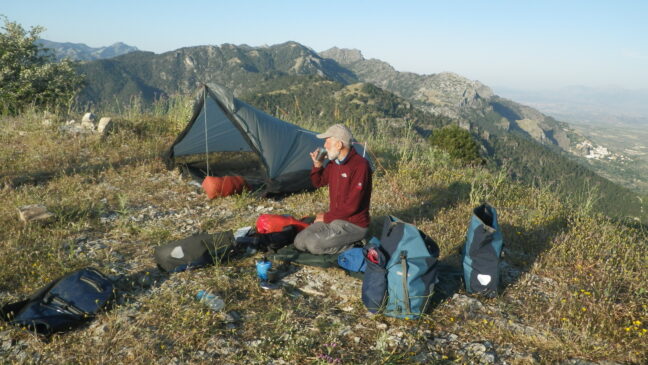The other day I asked Mike (a pseudonym) , a mid-career manager “How’s it going?” He replied with quite a tirade.
The essence was that while on holiday, he’d had the space to think about the underlying causes of problems he spent his working days battling with. He had just written (but thankfully not yet sent) a steaming email to his boss demanding that the problems were fixed, or he’d leave. We discussed the issue (basically, a chaotic production department run by an increasingly alcoholic manager producing defective products that upset Mike’s customers) and came up with a constructive solution that he could propose to his boss.
This is of course the holiday season, and I find it interesting how common it is for people to return from holiday having had important creative insights into their careers or problems at work.
There are many reasons why holidays are good for us, but they can definitely boost our creativity and general sense of wellbeing.
Firstly, they’re often an opportunity to relax (assuming you don’t get stranded for 3 days in an airport), and, as is well recognised, a reduction in stress benefits our immune system and our health.
Secondly, holidays are often stimulating, because they often involve more playfulness, new environments and more exercise than normal. This combination of stimulation and relaxation is excellent for enhancing creativity.
Finally, for many of us, holidays give us more access to nature than normal. It turns out that this is particularly beneficial for creativity, health and wellbeing.
Personally, I find there’s something deeply relaxing and restorative about being in natural surroundings, and all the evidence shows that I’m not alone. Researchers in both Scandinavia and Japan have found that going for a walk in the woods reduces heart rate, reduces levels of the stress hormone cortisol and boosts the immune system. In children with ADHD, 20 minutes of outdoor play in a natural setting improves mental focus as much as a dose of ADHD medication.
A classic review of gall bladder patients in a suburban hospital in Pennsylvania the 1970s and 80s showed that patients who had a view out onto a garden healed a day faster and needed less pain medication than those that just looked onto a brick wall. As the patients were all bedridden, this couldn’t have been due to any difference in the amount of exercise they were taking.
Interestingly, the benefits of nature seem to apply even if it is fake nature. One experiment on the effect of nature videos showed that blood donors had lower blood pressure and pulse rate on days on which there was a nature video showing on the display in the waiting room, instead of normal TV programming. Another experiment showed that natural images and sounds calmed patients with Alzheimer’s related aggression.
If immersion in nature is combined with a reduced exposure to technology (ie social media, laptops, smart phones) it seems to boost creativity very significantly. Experiments have shown this in the laboratory, but in an interesting experiment, researchers at the University of Utah looked at what happened over a longer period to participants on wilderness expeditions run by Outward Bound. They found that 4 days backpacking in the wilds, with no access to technology, improved participants’ creativity test results by an impressive 50%. The researchers comment that it’s hard to tell if this was because of the increased exposure to nature or the reduced exposure to technology, because the two so often go together. But they argue persuasively that the “soft, gentle fascination” of nature stimulates the “default mode” networks of the brain. These default mode networks are important in the restful introspection and the divergent thinking involved in creativity. It’s increasingly being suggested that they’re important for peak psychosocial health as well.
This focussed introspection, is of course very different from the mode of thinking created by modern technology, with its addictive apps, ads and notifications, all continually trying to hijack our attention.
So if you try to contact me and don’t get an answer, have patience. I’ve probably switched my phone off and gone for a walk in the woods .
